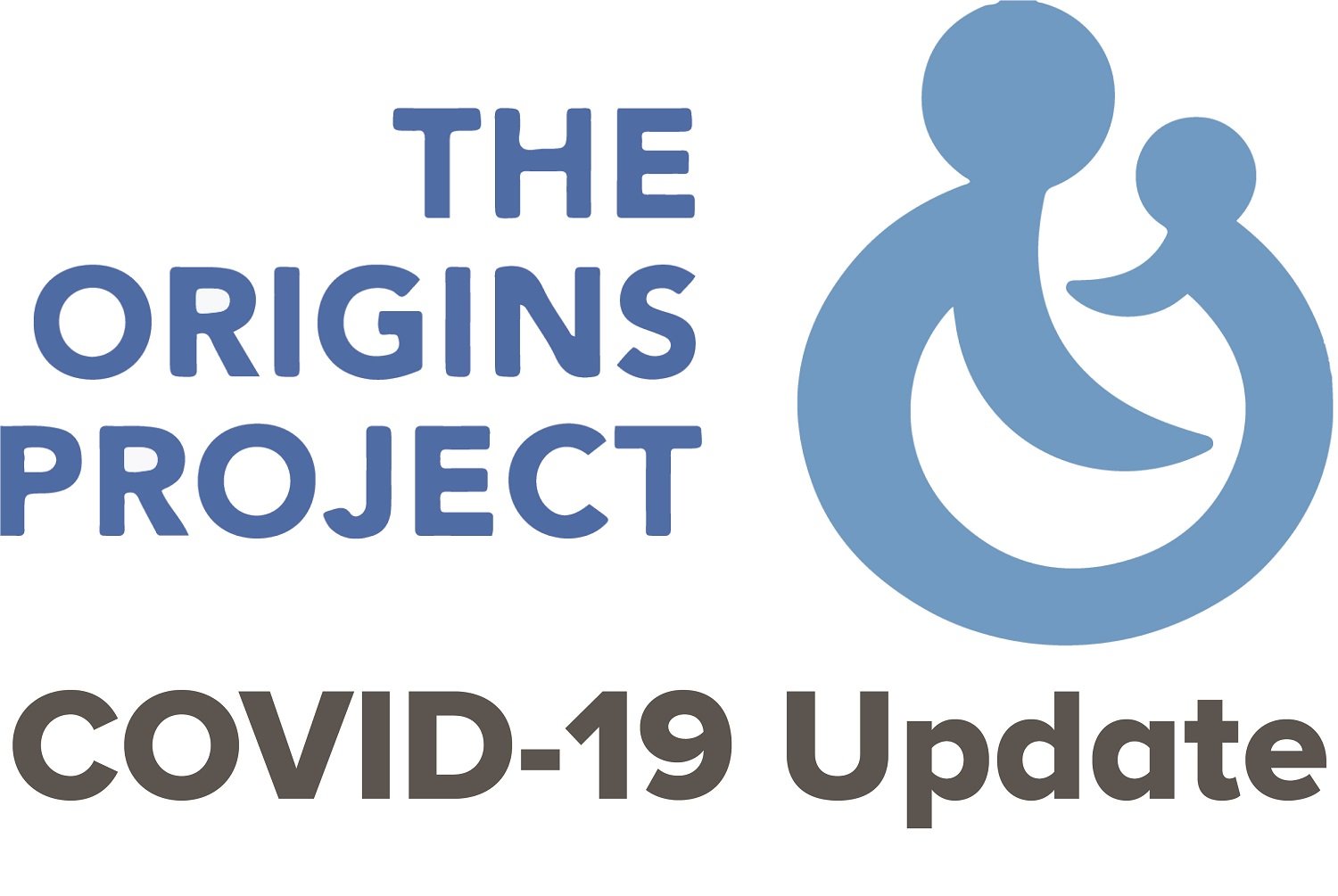Search
Showing results for "Au"
Research
Perspectives on the essential skills of healthcare decision making in children and adolescents with intellectual disabilityInvolvement in healthcare decisions is associated with better health outcomes for patients. For children and adolescents with intellectual disability, parents and healthcare professionals need to balance listening to a child's wishes with the responsibility of keeping them safe.
Research
Risk of otitis media in offspring following maternal prenatal stress exposureThere is limited but consistent evidence that suggests prenatal factors, including maternal stress, may contribute to susceptibility for otitis media. We aimed to determine the effect of multiple life stress events during pregnancy on risk of acute and recurrent otitis media in offspring at three and five years of age.
Research
Efficacy of DYRK1A inhibitors in novel models of Down syndrome acute lymphoblastic leukemiaDespite significant advances, outcomes for children with Down syndrome (DS, trisomy 21) who develop acute lymphoblastic leukemia remain poor. Reports of large DS-ALL cohorts have shown that children with DS have inferior event-free survival and overall survival compared to children without DS.
Research
Parental Experiences of Supporting the Mental Health of Their LGBTQA+ ChildYoung people who are lesbian, gay, bisexual, trans, queer or questioning, asexual and other diverse genders and sexualities (LGBTQA+) are at greater risk of adverse mental health outcomes and suicide, with additional barriers to accessing safe and affirming physical and mental health services in comparison to the general population.
Research
Development of best practice guidelines for clinical and community service providers to prevent suicide in LGBTQA+ young people: A Delphi expert consensus studyThe aim of this study was to develop best practice guidelines for preventing suicide and reducing suicidal thoughts and behaviours in LGBTQA+ young people (lesbian, gay, bisexual, trans, queer/questioning, asexual, and those of other diverse sexualities and genders) within clinical and community service settings in Australia.
Research
Influences on the trajectory and subsequent outcomes in CDKL5 deficiency disorderThe study investigated the effect of seizure and medication burden at initial contact with the International CDKL5 Disorder Database on subsequent development and clinical severity and compared quality of life among those whose development progressed, remained stable, or regressed between baseline and follow-up.
Research
Repetitive transcranial magnetic stimulation (rTMS) in autism spectrum disorder: Protocol for a multicentre randomised controlled clinical trialThere are no well-established biomedical treatments for the core symptoms of autism spectrum disorder (ASD). A small number of studies suggest that repetitive transcranial magnetic stimulation (rTMS), a non-invasive brain stimulation technique, may improve clinical and cognitive outcomes in ASD.
Research
Metabolic dysfunction induced by a high-fat diet modulates hematopoietic stem and myeloid progenitor cells in brown adipose tissue of miceBrown adipose tissue (BAT) may be an important metabolic regulator of whole-body glucose. While important roles have been ascribed to macrophages in regulating metabolic functions in BAT, little is known of the roles of other immune cells subsets, particularly dendritic cells (DCs). Eating a high-fat diet may compromise the development of hematopoietic stem and progenitor cells (HSPCs)-which give rise to DCs-in bone marrow, with less known of its effects in BAT. We have previously demonstrated that ongoing exposure to low-dose ultraviolet radiation (UVR) significantly reduced the 'whitening' effect of eating a high-fat diet upon interscapular (i) BAT of mice.

News & Events
COVID-19 Update: Perth Lockdown 3 July 2021ORIGINS is moving to virtual appointments and couriers to collect home samples during the June 2021 Perth lockdown.
Research
Lifestyle and demographic correlates of poor mental health in early adolescenceTo determine the constellation of lifestyle and demographic factors that are associated with poor mental health in an adolescent population.
